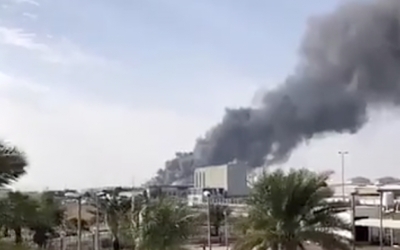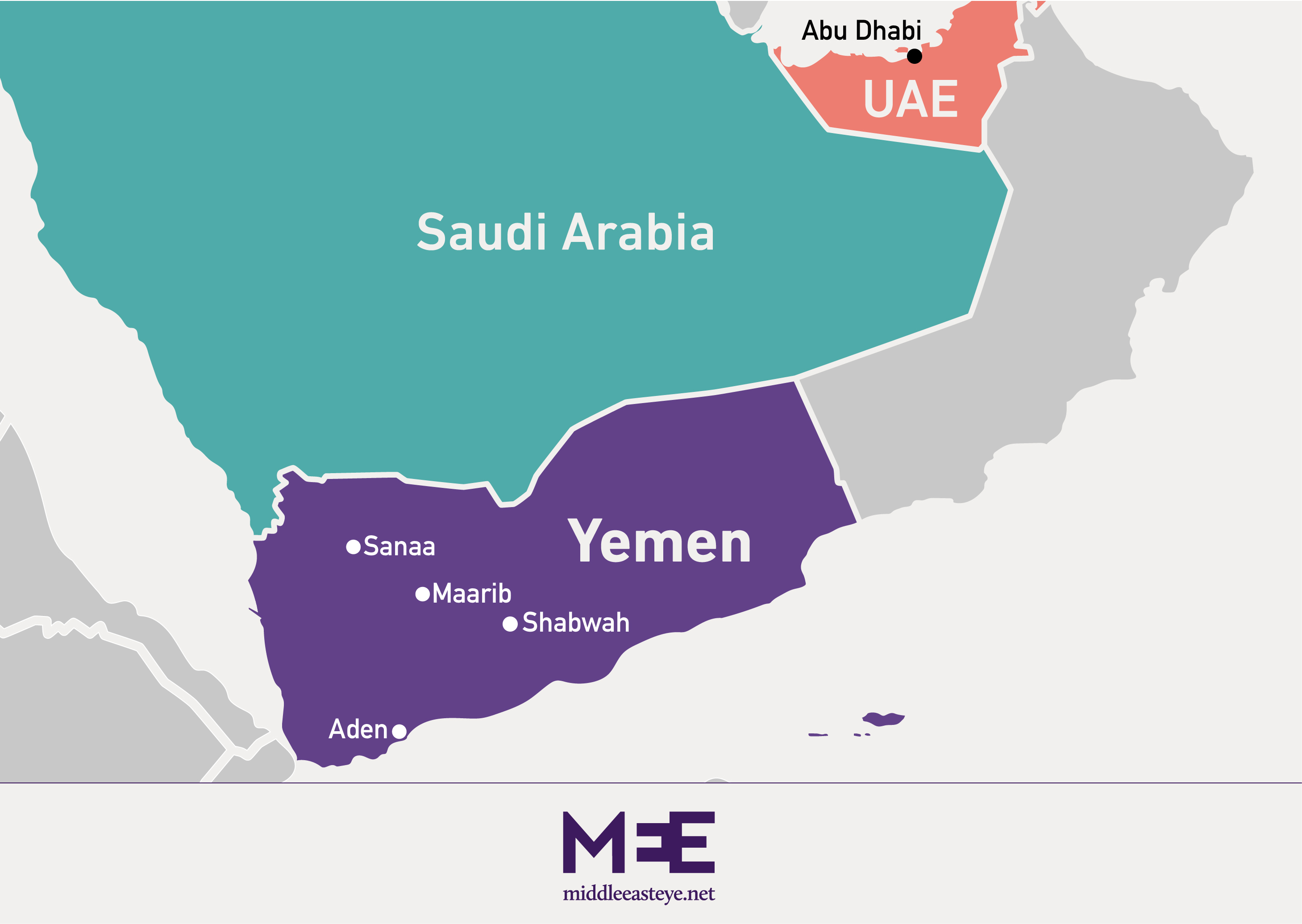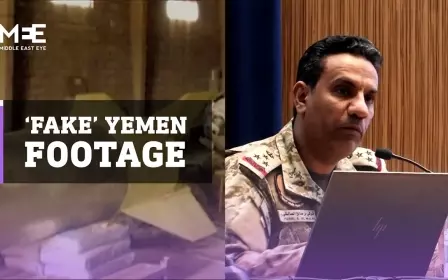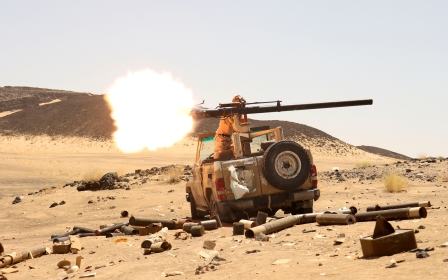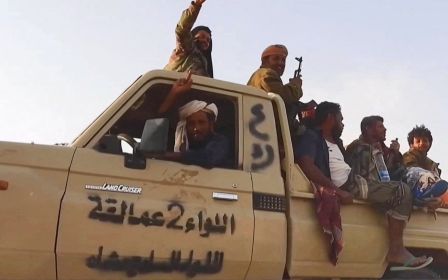Explained: Why did Yemen's Houthis attack the UAE?
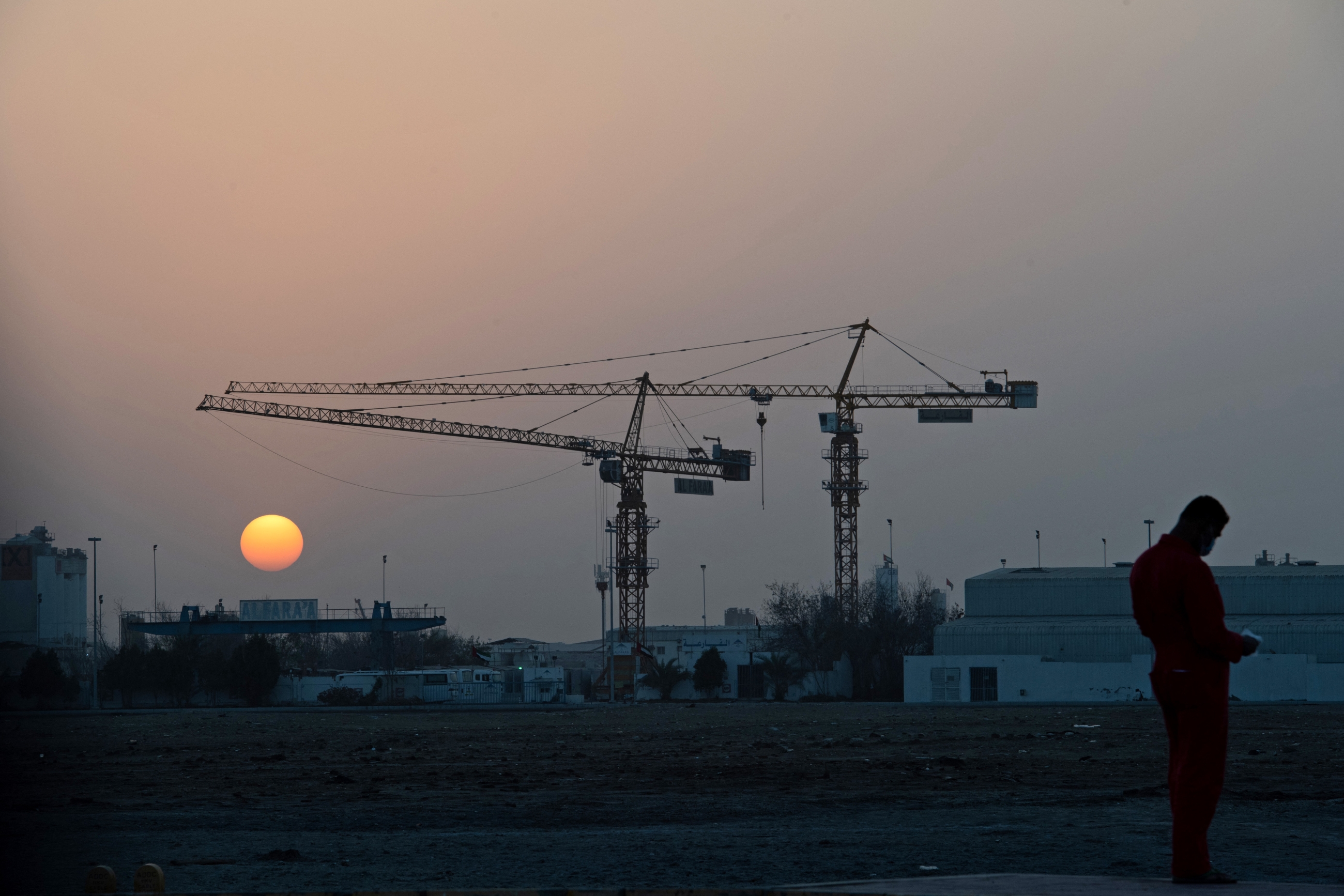
When was the drone attack on the UAE?
A suspected drone attack claimed by Yemen's Houthi rebels targeted a key oil facility in Abu Dhabi on Monday and killed three people, one Pakistani national and two Indians.
The Iran-aligned Houthis claimed responsibility for the attack shortly after the Gulf state reported the incidents. They did not however confirm the type or location of the attacks.
Citing Abu Dhabi police, state news agency WAM reported that a fire broke out in the industrial Musaffah area near storage facilities of the state-owned Abu Dhabi National Oil Company (ADNOC), which led to three fuel tanker trucks exploding.
Meanwhile, a minor fire was also reported at a new construction site at Abu Dhabi International Airport, a police statement said. It said no significant damages resulted from the two incidents.
The military spokesman of the Iran-aligned Houthis was quoted by the al-Masirah news channel as saying that the group had launched a military operation in "the heart of the UAE" and would announce details in the coming hours.
The Saudi-led coalition fighting against the Houthis in Yemen later announced on Monday that it destroyed three drones launched in the direction of southern Saudi Arabia, according to Saudi state TV.
Why did the Houthis target the UAE?
The UAE was part of the Saudi-led coalition that intervened in Yemen in 2015 to reinstate the internationally recognised government of Abd Rabbuh Mansour Hadi, who was ousted by the Houthis in late 2014.
The Gulf country, however, announced that it has reduced its military involvement in Yemen since 2019, but analysts have pointed out it retains significant influence through backing Yemeni fighters.
Since 25 December, the fighting has intensified as the Saudi-led coalition launched a "large-scale" attack on Yemen's Sanaa, after missiles fired by the Houthis killed two people in the kingdom, the first such deaths in three years.
The attack killed three people, and Houthi spokesperson Yahya Saree warned Saudi Arabia of a "painful" response if the coalition did not stop its "aggression".
In recent weeks, Yemen's pro-government forces have declared one of their most significant victories in the seven-year war after they drove the Houthis out of the oil-rich southeastern province of Shabwah and advanced into Houthi-held areas of Marib to the north.
The advance has been largely thanks to the intervention of the Giants Brigades, Yemeni troops backed by the UAE.
The Houthis have frequently claimed drone and missile attacks on neighbouring Saudi Arabia during the war, but they claimed only a few attacks on the UAE, which the Emirati authorities denied.
Two weeks ago, the Houthis said they seized a UAE-flagged ship, the Rwabee, off the Yemen coast, claiming it was carrying "weapons for extremists". The 11 crew members of the ship remain hostages. Abu Dhabi denounced the incident as "a dangerous escalation".
'The UAE is a tool in the hands of the US and Israel. We will confront it either inside Yemen or by targeting its lands'
- Houthi leader
The Yemeni rebels also turned down a UN Security Council demand to release the ship.
A Houthi leader in Sanaa, who spoke on condition of anonymity, told MEE that "Ansar Allah [the Houthis] are targeting the UAE this time because it returned to the frontline of the Yemen conflict again to fight us while we were about to take over Marib".
He mentioned that the recent developments in Marib and the advances by the UAE-backed Giants forces were the reasons for the latest Houthi attack on the Gulf country. The Houthis want to send a message to the UAE that they can target their territories, he said.
"We have weapons that can reach the Emirates, and they can't afford our attacks. If they continue to support the US in fighting us, we promise them attacks like those we launch against Saudi Arabia."
"The UAE is a tool in the hands of the US and Israel. We will confront it either inside Yemen or by targeting its lands."
Peter Salisbury, International Crisis Group's senior analyst for Yemen, told MEE: "The UAE claims it is not involved in frontline combat anymore, but the perception among many Yemenis - and obviously the Houthis - is that the forces that have taken territory from the Houthis are UAE-aligned and overseen, even if the Saudis are technically calling the shots.
"The Houthi stance seems to be that until these attacks against them stop, they will target the UAE."
What will the Houthis and the UAE do next?
Houthi spokesperson Mohammed Abdulsalam tweeted later on Monday saying that "the UAE had claimed that it had distanced itself from Yemen, but it was recently exposed, contrary to what it claimed", stating that Abu Dhabi has two choices: either stop intervening in Yemen or face consequences from the Houthis.
Adam Baron, a political analyst focusing on the Middle East with an emphasis on Yemen and the Gulf, told MEE that the "attack comes in the wake of significant battlefield gains by what are often described as UAE-backed forces.
"While the Houthis have claimed attacks on UAE targets previously, this is the most significant one to date. There is certainly a potential for more escalation - there have already been a series of airstrikes in Sanaa in seeming response to the attack."
'While the Houthis have claimed attacks on UAE targets previously, this is the most significant one to date. There is certainly a potential for more escalation'
- Adam Baron, political analyst
Mohammed Albasha, a senior Arabian Peninsula analyst at the Navanti Group, told MEE that Abu Dhabi would likely utilise its United Nations Security Council seat for the 2022-2023 term to push for more sanctions against the Houthi leadership. He claimed the UAE was also lobbying Washington to re-designate Ansar Allah as a "foreign terrorist organisation".
Shortly after taking office, US President Joe Biden ended offensive support for the Saudi-led coalition's operations in Yemen and also reversed the Trump designation's listing of the group as a terror organisation.
"I suspect the UAE will continue to provide more logistical support to the Guardians of the Republic, Giant Brigades, and Southern Transitional Council (STC) forces. The idea for peace and stability in Yemen would be far-fetched at this stage," Albasha said.
Still, some Yemenis have doubted that the Houthis are capable of launching drones against the UAE, crossing Saudi Arabia.
"We know that the escalation in Shabwah and Marib against the Houthis was after getting the green light from the UAE, and we know that the Houthis want to take revenge," Mohammed Ali, a journalist and commentator, told MEE.
"However I can’t believe that the Houthis have weapons that can target the UAE," he added. "If they did, it means they are a strong force now that can genuinely threaten neighbouring countries."
He said he believed the drones may have been sent from Iran "but the Houthis were happy to claim it to show they have modern weapons".
"The coming months will show the world if it was the Houthis or not, but for me, I still doubt that the Houthis did it."
This article is available in French on Middle East Eye French edition.
Middle East Eye delivers independent and unrivalled coverage and analysis of the Middle East, North Africa and beyond. To learn more about republishing this content and the associated fees, please fill out this form. More about MEE can be found here.


